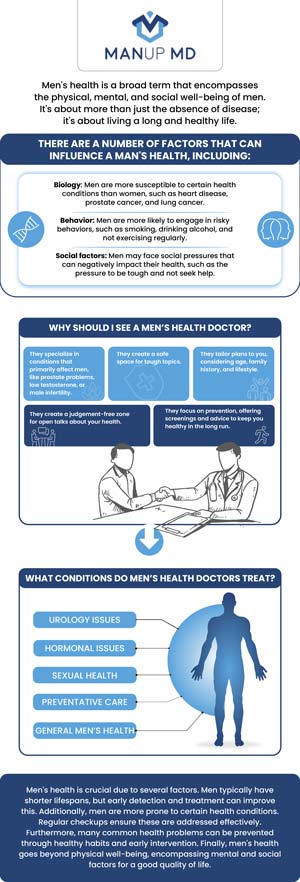
Menopause is finally receiving the attention it deserves, thanks to [prominent women](https://podcasts.apple.com/hr/podcast/kate-winslet-i-remember-thinking-i-do-not-want-to-be-famous/id1407451189?i=1000669002648) dismantling the long-standing stigma surrounding conversations about this stage of life. However, despite an increase in discussions about hormone replacement therapy (HRT), one important aspect is often neglected — testosterone.
Often viewed as a “male hormone,” [testosterone is crucial for women’s health](https://my.clevelandclinic.org/health/diseases/24897-low-testosterone-in-women), playing a significant role in mood, energy, libido, muscle mass, bone density, and cognitive function. Still, it is one of the most overlooked and misunderstood elements of the hormonal landscape.
**The true significance of testosterone in women’s health**
In the female body, testosterone is essential for managing sexual desire and function, influencing [over half](https://jamanetwork.com/journals/jamainternalmedicine/fullarticle/414363) of naturally menopausal women. However, testosterone’s effects reach far beyond just libido. It aids in fat metabolism, helps stabilize mood, boosts motivation, preserves lean muscle mass and strength, and may even protect heart health. Studies indicate that testosterone therapy can [enhance overall well-being and mood](https://www.nature.com/articles/npp20082), establishing it as a valuable option for women facing hormone-related issues.
From a cognitive standpoint, testosterone is equally important. It bolsters memory, clarity, and focus, so a reduction in levels may lead women to experience what is often labeled as “brain fog.” Indeed, [44 to 62 percent of women report cognitive difficulties](https://pmc.ncbi.nlm.nih.gov/articles/PMC8394691/) during the menopausal phase. Frequently, these symptoms are attributed to aging, stress, or lifestyle factors, but low testosterone often plays a significant role. This hormone impacts our information processing, our energy and emotional involvement, and our bodily connections. A decline in those levels can cause many women to feel disconnected from who they really are.
While testosterone serves similar functions for both men and women regarding mood, muscle, and metabolism, the quantities produced differ greatly. Men inherently produce much higher levels, contributing to secondary sex characteristics like facial hair, a deeper voice, and sperm production. Women, while generating lower amounts, still rely on these levels for essential physiological and emotional functions. The primary distinction between men and women is not in testosterone’s function, but rather in how commonly its significance for women is overlooked, minimized, and ignored.
Many individuals are unaware that [testosterone levels in women begin to decrease in the mid to late 20s](https://www.menopause.org.au/health-info/resources/testosterone-and-women#:~:text=Testosterone%20blood%20levels%20in%20men,they%20were%20at%20their%20peak.&text=However%2C%20after%20the%20age%20of,those%20seen%20in%20young%20women.&text=A%20sudden%20fall%20in%20testosterone,of%20pituitary%20function%20(panhypopituitarism).). This decrease happens gradually but becomes more pronounced during perimenopause and menopause. Symptoms may not emerge immediately, but they can accumulate over time. Women may find themselves feeling increasingly fatigued, downcast, foggy, or simply not themselves. Libido often diminishes, and some experience weight gain or a decrease in muscle tone. Bone health may also suffer, potentially heightening the risk of fractures.
**Dispelling common fears and myths**
One of the main reasons women hesitate to pursue testosterone therapy is fear. For years, we’ve been warned that testosterone will cause us to seem “masculine.” Some are concerned it will trigger aggressive behavior, deepen their voices, or result in unwanted facial or body hair. These concerns are valid but are mostly based on misconceptions.
The truth is that when testosterone is accurately prescribed and monitored, those side effects are infrequent. Women typically receive one-tenth the dosage that men do. This ratio is drawn from years of research and [clinical practice guidelines](https://pubmed.ncbi.nlm.nih.gov/33814355/) established by the [International Society for the Study of Women’s Sexual Health (ISSWSH)](https://www.isswsh.org/resources/publications/405-international-society-for-the-study-of-women-s-sexual-health-clinical-practice-guideline-for-the-use-of-systemic-testosterone-for-hypoactive-sexual-desire-disorder-in-women). These guidelines are commonly utilized by healthcare providers.